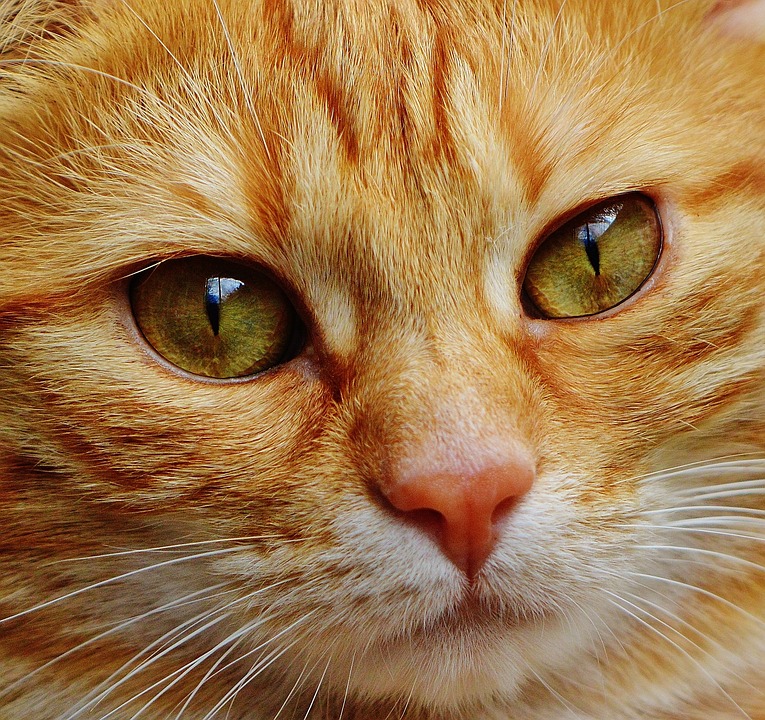Maintaining a healthy weight is crucial for your feline friend’s overall well-being. Just like humans, cats can struggle with weight issues, which can lead to various health complications. By providing a balanced diet and managing their weight, you can ensure your cat leads a happy and healthy life. In this article, we will discuss the importance of a balanced diet and offer tips for managing your cat’s weight effectively.
Understanding the Importance of a Balanced Diet for Cats
Proper nutrition plays a vital role in maintaining your cat’s health. A balanced diet ensures that your cat receives all the essential nutrients they need to thrive. These nutrients include proteins, carbohydrates, fats, vitamins, and minerals. Each nutrient has a specific function in your cat’s body, and a deficiency or excess of any nutrient can lead to health problems, including weight gain or loss.
Assessing Your Cat’s Weight
To determine if your cat is overweight, you need to be aware of the signs. Some common signs of obesity in cats include difficulty in grooming themselves, lethargy, and a lack of interest in physical activities. However, the most accurate way to assess your cat’s weight is by consulting with your veterinarian. They will be able to determine your cat’s ideal weight based on their breed, age, and overall health.
Designing a Balanced Diet for Weight Management
To help your cat achieve and maintain a healthy weight, it is essential to design a balanced diet. Portion control is crucial in preventing overeating and weight gain. Follow the feeding guidelines provided by your cat food brand, and adjust the portion size accordingly. Additionally, choose high-quality cat food that is specifically formulated for weight management. These foods are lower in calories and fat, helping your cat maintain a healthy weight.
Incorporating a variety of protein sources in your cat’s diet is also important. Cats are obligate carnivores, meaning they require a diet rich in animal protein. Including different protein sources such as chicken, fish, and turkey can provide the necessary amino acids for your cat’s overall health.
Dietary fiber is another crucial component of a balanced diet for weight management. Fiber helps your cat feel fuller for longer, reducing the likelihood of overeating. It also aids in maintaining a healthy digestive system. Look for cat foods that contain adequate amounts of fiber, such as those with added vegetables or grains.
Avoid giving excessive treats and table scraps to your cat, as these can quickly add extra calories to their diet. Stick to healthy, low-calorie treats and limit their intake.
Implementing an Effective Weight Management Plan
When it comes to weight management, a gradual weight loss approach is more effective and healthier for your cat than crash dieting. Gradual weight loss allows your cat’s body to adjust and reduces the risk of health complications. Work with your veterinarian to determine the appropriate rate of weight loss for your cat.
Creating a feeding schedule can also help manage your cat’s weight. Dividing their daily food allowance into smaller, more frequent meals can prevent overeating and encourage portion control.
Encouraging exercise and playtime is crucial in weight management. Engage your cat in interactive play sessions and provide them with toys that encourage physical activity. Regular exercise helps burn calories and keeps your cat fit.
Monitoring your cat’s progress is essential to ensure that your weight management plan is effective. Regularly weigh your cat and track their weight loss journey. If you notice any unusual changes or difficulties, consult with your veterinarian for further guidance.
Frequently Asked Questions (FAQs)
1. How do I know if my cat is overweight?
You can look for signs such as difficulty grooming, lethargy, and a lack of interest in physical activities. However, consulting with your veterinarian is the most accurate way to determine if your cat is overweight.
2. Can I feed my cat a homemade diet for weight management?
Feeding a homemade diet for weight management can be challenging, as it requires careful planning to ensure your cat receives all the necessary nutrients. It is recommended to consult with a veterinary nutritionist to formulate a balanced homemade diet.
3. Are there specific cat food brands that are recommended for weight management?
There are several cat food brands that offer formulas specifically designed for weight management. Look for brands that are reputable and have a history of producing high-quality cat food.
4. How often should I adjust my cat’s portion size to maintain their weight?
It is recommended to adjust your cat’s portion size every few weeks based on their weight loss progress. Consult with your veterinarian for guidance on portion control.
5. My cat is a picky eater. How can I encourage them to eat a balanced diet?
If your cat is a picky eater, try offering a variety of high-quality cat foods to find one that they enjoy. You can also try warming the food slightly or adding a small amount of water or low-sodium broth to enhance the flavor.
Conclusion
By understanding the significance of a balanced diet and implementing a weight management plan, you can help your feline friend achieve and maintain a healthy weight. Remember to consult with your veterinarian for personalized advice and guidance, as they can provide valuable insights specific to your cat’s needs. With your dedication and care, your cat will enjoy a long and happy life.








